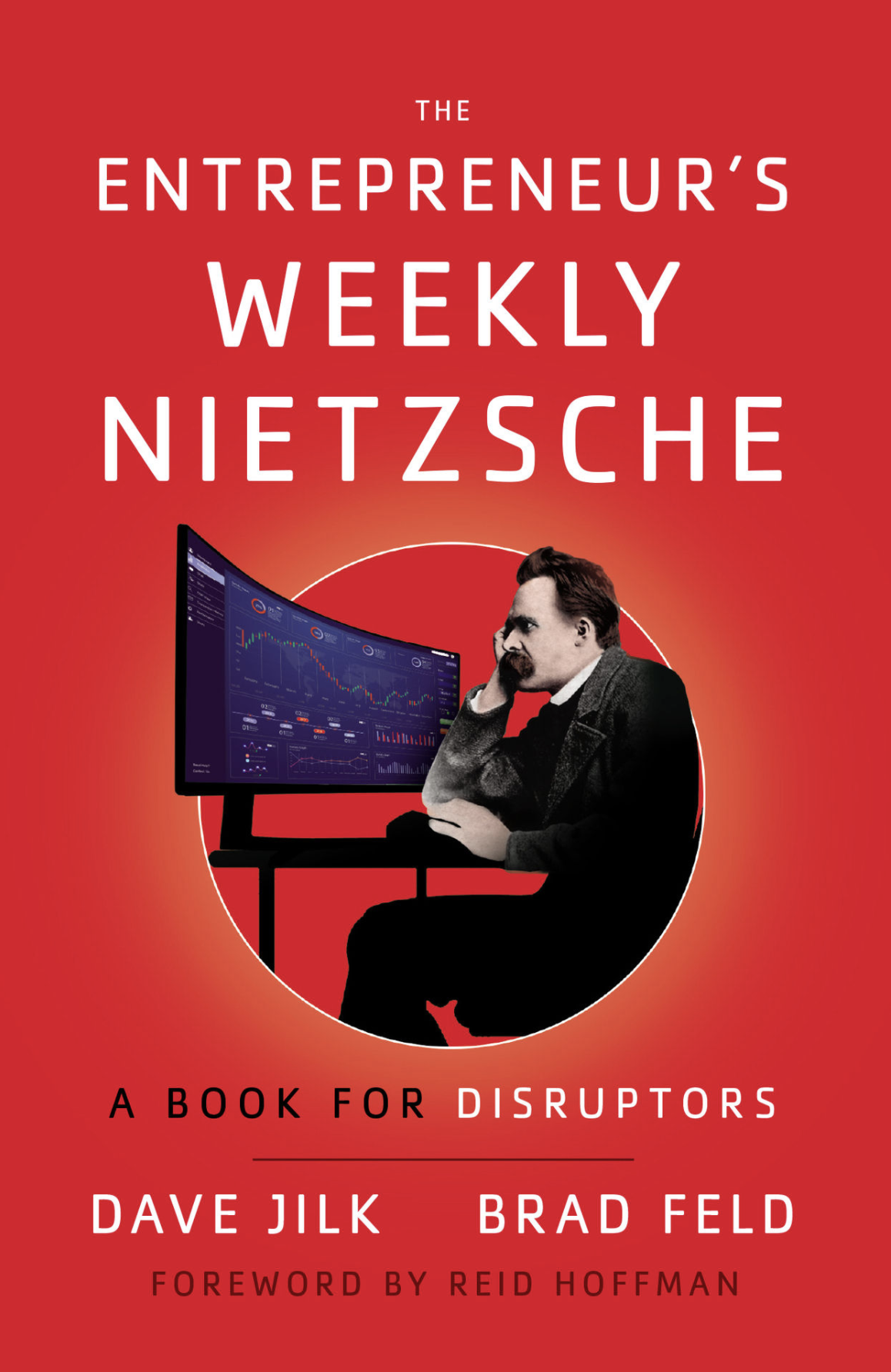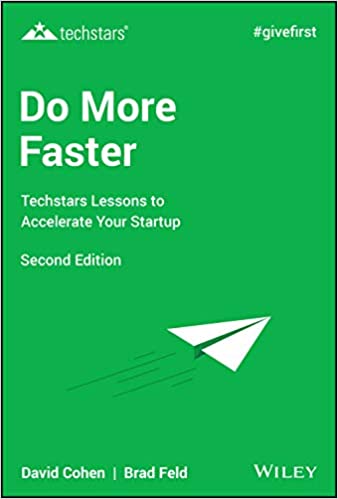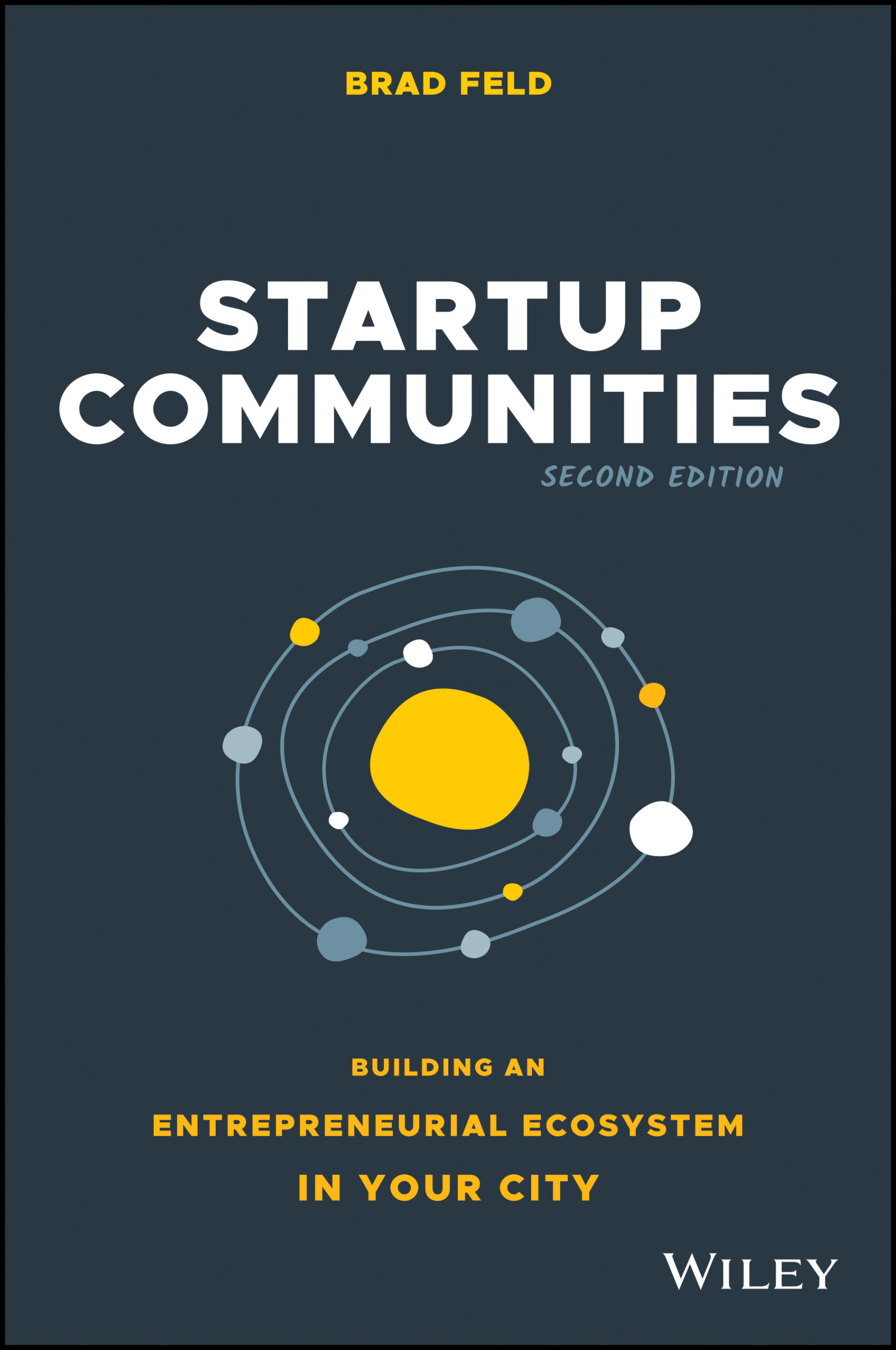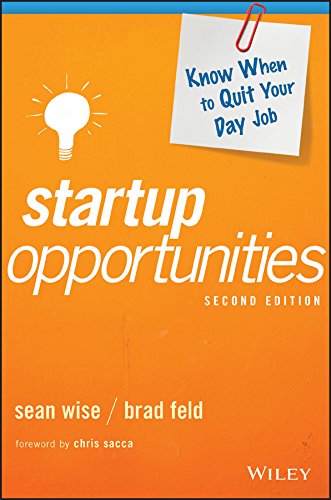Why Net New Jobs Is The Wrong Metric for Startup Community Development
Is this metric a leftover from days long gone?
One integral segment of a mature startup community are the institutions in the region, which I define as colleges, universities, city/county/state/province/federal government, non-governmental organizations (Chambers) and corporations. By definition these entities have a primary goal which is not necessarily everyone else’s primary goal in a startup community.
Therein lies a serious friction point.
Every month or so I work with my local economic development players who bring with them their goal of creating net new jobs in the area. I applaud and support these efforts with my time and energy by serving as the “startup” representative during their recruiting tours.
Almost every week I work with the same archetype all over the world who again have the same goal – create net new jobs in their region. The problem is that they view a startup community (and its growth) as a vehicle for net new job growth.
The consequence of a net new jobs lens is that you are dependent on monitoring the new jobs that a startup(s) create which is the wrong metric for measuring your startup community.
As an entrepreneur, my job is singular – build the best darn company I can with the resources available to me. An outcome of my success is that I will probably hire people to execute my vision. But adding staff is an outcome not the reason why I am in business.
Let me remind you that Instagram had 13 employees when it was acquired by Facebook in 2012. Imagine if Instagram was headquartered in your town. From a pure economic development lens, it would be seen as a failure with net new jobs of +10 (after founders). Yet, Instagram was acquired for $1 Billion dollars. The ripple effect for your startup community if Instagram was in your town would be felt for quite some time.
It is time we develop a set of metrics that better reveal the activities that inspire more founders to start companies, the activities that create growth advantages for those companies to scale, and the activities that open up opportunities for those founders and companies to exit and do it all over again. Every city or metro today should have a robust startup community as a key element of their economic growth strategy. Just don’t measure success the way your father did.








